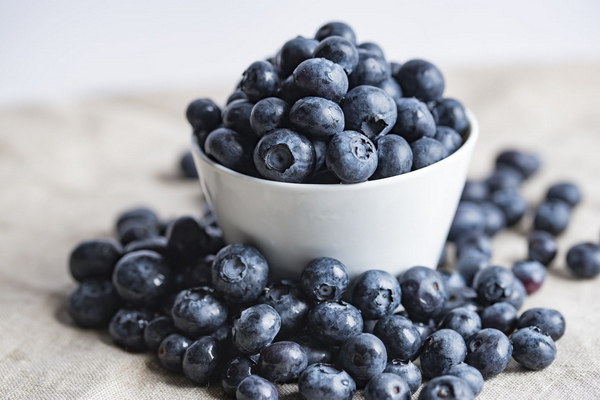The Digestive Dilemma Navigating the Challenges of Tonic Chinese Herbs
In the realm of traditional Chinese medicine, tonic herbs are celebrated for their ability to nourish and rejuvenate the body. However, amidst their myriad benefits, there lies a common challenge: the digestive dilemma. Many individuals find that these potent herbal remedies are not as easy to digest as their more straightforward counterparts. This article delves into the reasons behind this digestive difficulty and offers practical tips for easing the process.
Understanding Tonic Herbs
Tonic herbs are a category of traditional Chinese medicine known for their ability to strengthen and tonify the body's vital substances, such as Qi (vital energy) and Jing (essence). They are often used to treat chronic conditions, fatigue, and to enhance overall health and longevity. Common examples include ginseng, astragalus, and codonopsis.
The Digestive Dilemma
The digestive difficulty associated with tonic herbs can be attributed to several factors:
1. High Potency: Tonic herbs are generally more potent than other types of herbal remedies. This strength can overwhelm the digestive system, leading to discomfort or bloating.
2. Complex Composition: Many tonic herbs contain complex compounds that the body may struggle to break down and absorb. This can result in undigested material passing through the digestive system without being fully utilized.
3. Long-Duration Preparations: Some tonic herbs are prepared using methods that take a long time to extract their beneficial properties, resulting in a concentrated extract that may be difficult to digest.
Symptoms of Digestive Difficulty
Common symptoms of difficulty digesting tonic herbs include:
- Bloating
- Gas
- Nausea
- Diarrhea
- Abdominal discomfort
- Reduced appetite
Easing the Digestive Dilemma
Thankfully, there are several strategies that can help alleviate the digestive issues associated with tonic herbs:
1. Start Slowly: Begin with a lower dose of the tonic herb and gradually increase it as your body adjusts. This allows your digestive system to become accustomed to the herb's strength.
2. Take with Food: Consuming tonic herbs with meals can help to minimize digestive discomfort. The food in your stomach can act as a buffer, reducing the likelihood of irritation.
3. Ginger and Peppermint: These herbs are known for their digestive benefits and can be added to the tonic herb preparation or taken as a tea before or after taking the tonic herb.
4. Probiotics: Supporting your gut flora with probiotics can improve digestion and help your body better process the tonic herbs.
5. Herbal Combinations: Some individuals find that combining tonic herbs with other digestive herbs, such as licorice root or cinnamon, can ease digestion.
6. Professional Guidance: Consulting with a qualified herbalist or healthcare provider can help you determine the best approach to using tonic herbs, including the appropriate dosage and preparation methods.

Conclusion
While the digestive dilemma associated with tonic herbs can be a concern, it need not deter individuals from reaping their many benefits. By understanding the factors that contribute to this difficulty and implementing practical strategies to ease digestion, individuals can safely incorporate tonic herbs into their wellness regimen. Always remember to consult with a healthcare professional before starting any new herbal treatment to ensure it is appropriate for your specific health needs.









